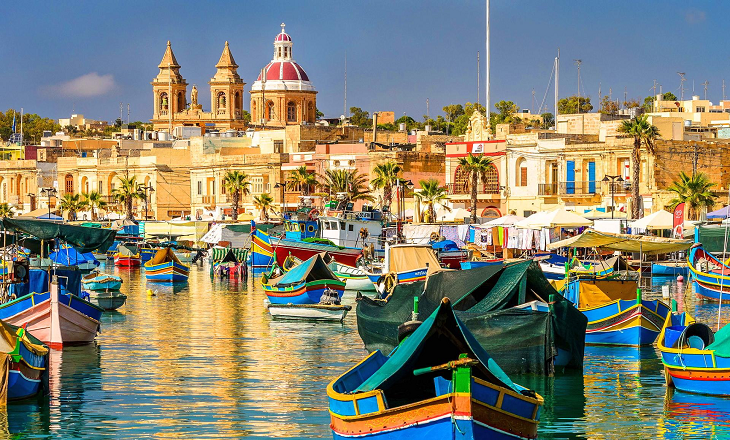The tiny Republic of Malta, in a fashion reminiscent of the old movie “The Mouse that Roared”, has suddenly become the “crypto-hub of the world”, as it promised it would be in mid-2018. According to MarketWatch and the December exchange report prepared by CryptoCompare:
Malta is home to more than twice that amount of crypto exchange trading than the U.S.
The December report also expanded upon the obvious success of Malta’s well-crafted crypto plan: “Maltese exchanges processed just under $40 billion worth of digital currencies, more than second-place Hong Kong with $32.5 billion and twice as much as the U.S., the fifth largest hub for crypto exchange trading.” For those of you that are curious, Samoa and the Seychelles came in third and fourth place, respectively.
How did this small Mediterranean island archipelago of less than five hundred thousand people achieve such a vaulted status in relatively short order? Charles Haytor, the co-founder of CryptoCompare explained:
It’s home to some of the largest exchanges, who have chosen to set up shop, as they [Malta] have carved out a crypto-friendly regulatory atmosphere.
If the truth be known, there has been a silent and ongoing “arms race” of sorts by small financial centers across the globe, each seeking to win the favor of the current titans in the crypto ecosphere. A brief list of contenders includes Malta, Bermuda, Gibraltar, the Seychelles, Switzerland, Puerto Rico, and Liechtenstein.
The New York Times actually noted last year in a feature article that:
Hedge funds go to the Cayman Islands to incorporate. Big companies are generally domiciled in Delaware. And online poker companies often set up their bases in Gibraltar and Malta. Now the race is on to become the go-to destination for cryptocurrency companies that are looking for shelter from regulatory uncertainty in the United States and Asia.
Malta’s apparent success story began last July when it adopted three new laws, aimed at attracting the attention of leading executives in the cryptocurrency space. Silvio Schembri, the Junior Minister for Financial Services, Digital Economy, and Innovation in Malta, set the tone for what was to come in an interview with Forbes. He noted that:
The recent passing of the laws makes the European island one of the first countries to provide a clear regulatory framework for the blockchain and cryptocurrency industry.
The creation of a regulatory-receptive environment is a real plus for Malta, and the strategy appears to be bearing fruit, but being a major participant in the crypto world brings with it significant risk. Wherever the industry has expanded and gained popularity, professional hacking gangs and scam artists have soon followed. The anonymity provided by blockchain technology has given cover to illicit transfers of capital across national boundaries, and investors have often let their greed get the best of them. Malta will need a strong compliance support system to police its burgeoning crypto entities.
For the time being, Malta has the right formula. As Will McDonough, a former vice president at Goldman Sachs, has said:
The largest issue blockchain companies have is not knowing how they’ll be governed or regulated. Those markets that have made the rules clear have found many companies coming to play by the rules.
Mr. Schembri, as pleased as he is with current successes, is not backing away from a much larger view:
We believe in this industry. Blockchain is the future, and the future is digital. The Malta Digital Innovation Authority is also assessing artificial intelligence, Internet of things (IoT), and big data [and is] looking at potential ethical issues these new technologies may raise, as well.
